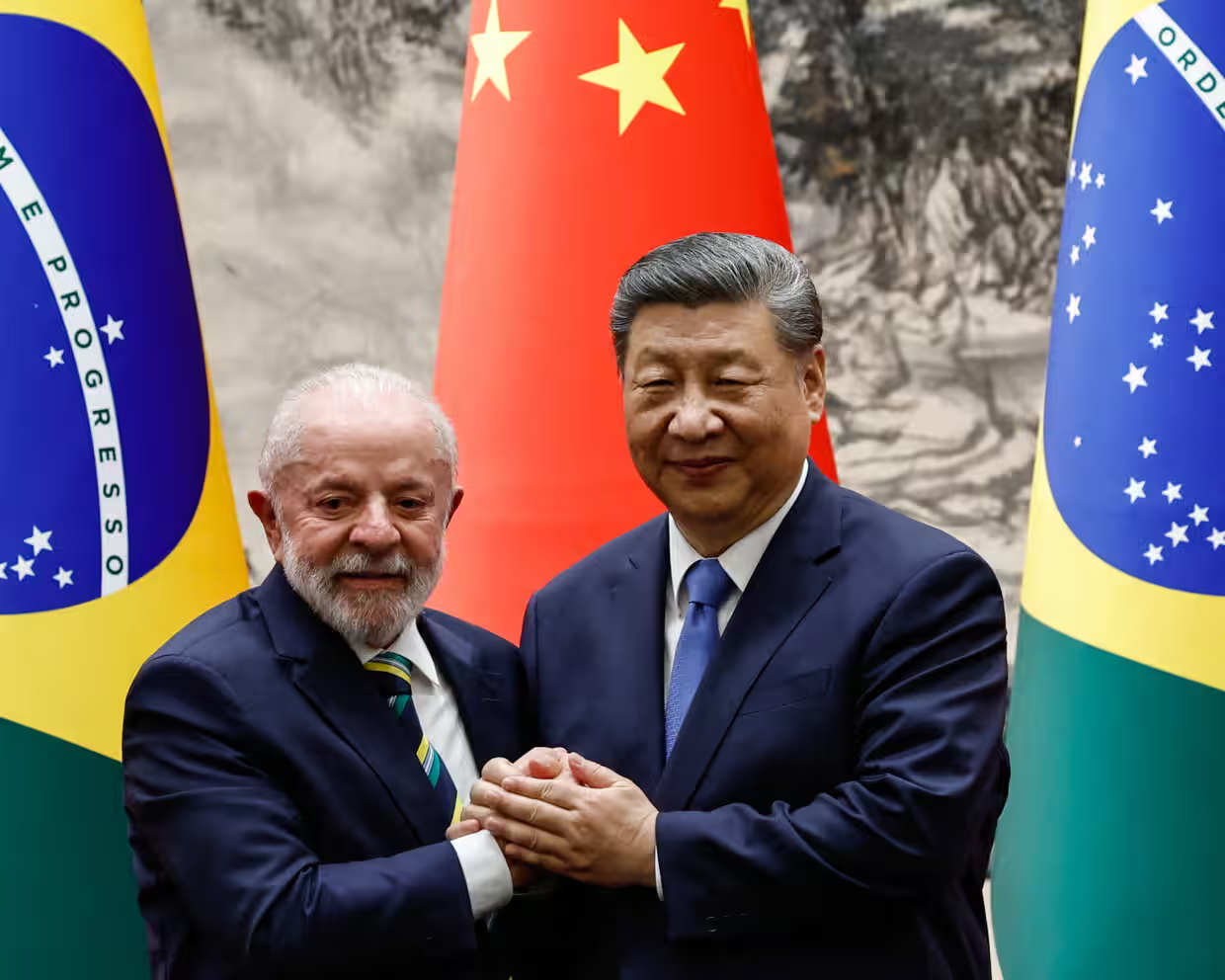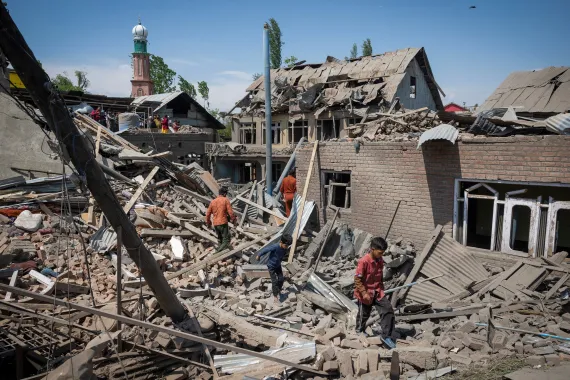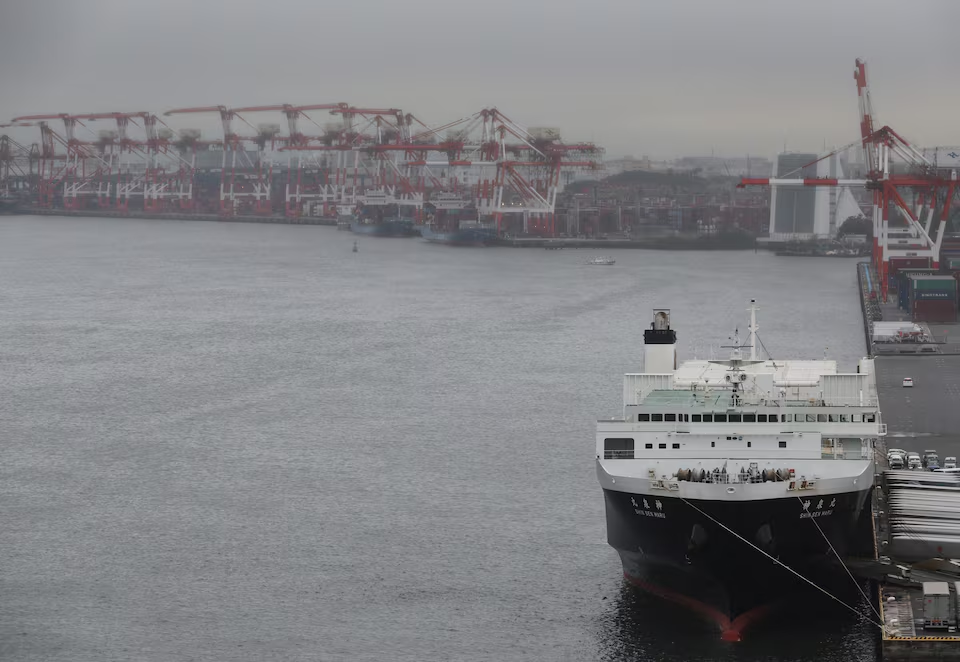While former U.S. President Donald Trump intensifies his trade war rhetoric on the campaign trail, Brazil and China are quietly deepening their strategic and economic ties—signaling a potential realignment of global alliances in the face of American protectionism.
Brazilian President Luiz Inácio Lula da Silva met this week with Chinese Premier Li Qiang in Beijing, where the two leaders signed multiple agreements spanning agriculture, infrastructure, clean energy, and digital technology. The summit highlighted the growing importance of Brazil-China relations at a time when Washington is turning inward and tightening trade restrictions.
According to officials, the deals include a major infrastructure financing package for railways in Brazil’s northern region, expanded soybean and beef export contracts, and a new collaboration on green hydrogen production. In total, the agreements are estimated to be worth over $20 billion.
“China sees Brazil as a gateway to Latin America, and Brazil sees China as its top trading partner,” said a senior Brazilian foreign ministry official. “There’s mutual strategic interest, and the momentum is only growing.”
China has now overtaken the U.S. as Brazil’s largest export destination and key foreign investor. In contrast, the Biden and Trump administrations have both expressed concerns over Chinese influence in Latin America, though with limited policy coordination or economic alternatives offered to regional partners.
Trump, who has returned to the political spotlight with a hardline stance on trade, has promised to slap new tariffs on Chinese goods and penalize countries he accuses of “doing business with the enemy.” While these statements have garnered support from parts of his base, they have also raised alarm among U.S. allies and trade partners—including in Latin America—who fear collateral damage from escalating protectionism.
Lula’s administration, by contrast, is positioning Brazil as a bridge between major global economies. During his visit to Beijing, he emphasized “sovereign diplomacy” and called for multipolar cooperation that does not rely on a single hegemonic power. “Brazil will not choose sides. We will choose development, peace, and mutual respect,” Lula said.
Observers note that Brazil’s growing ties with China reflect broader dissatisfaction in the Global South with the polarized U.S.-China rivalry. Many countries are seeking to diversify economic relationships and resist being drawn into binary Cold War-style dynamics.
China’s outreach to Brazil also fits into its broader Belt and Road strategy, which aims to build influence through investment in infrastructure and trade. Brazil has not formally joined the Belt and Road Initiative, but officials say cooperation on transport and logistics projects effectively aligns with its goals.
In Washington, the growing closeness between Beijing and Brasília has raised eyebrows. U.S. policymakers worry about China’s ability to gain long-term leverage in Latin America, especially in critical sectors like energy, agriculture, and telecommunications.
Nonetheless, the U.S. currently lacks a clear regional economic framework to counter China’s influence. The Americas Partnership for Economic Prosperity (APEP), a Biden-era initiative, has yet to deliver concrete results, and Trump has pledged to scrap it if elected again.
As China and Brazil press forward, analysts say the U.S. risks losing strategic ground in its own hemisphere. “If Washington doesn’t offer serious alternatives, countries like Brazil will go where the opportunities are—and right now, that’s China,” said international relations expert Oliver Stuenkel.
With Trump’s trade war rhetoric escalating and China strengthening ties across the Global South, the global economic map may be shifting—one bilateral agreement at a time.
Source: The Guardian



